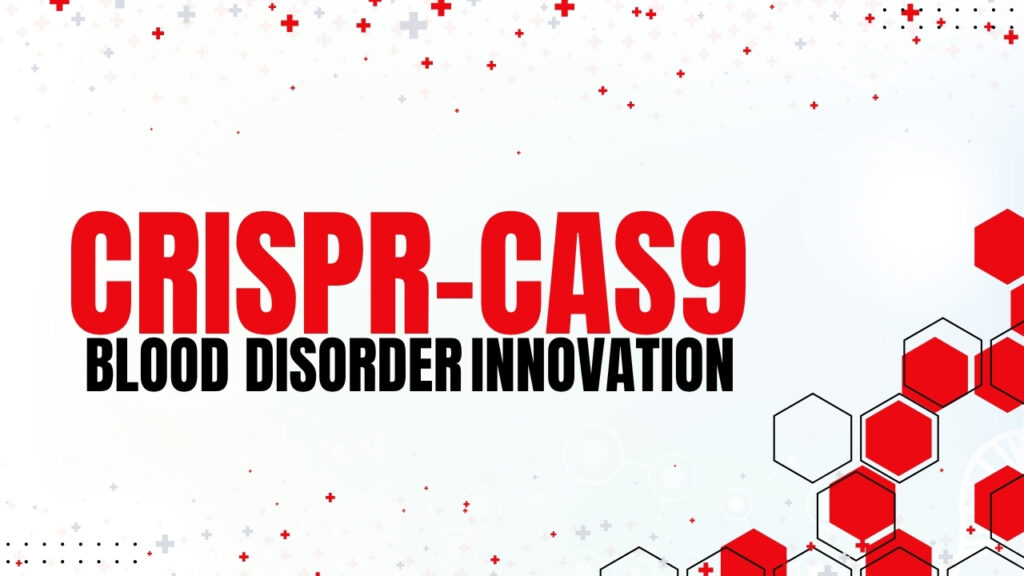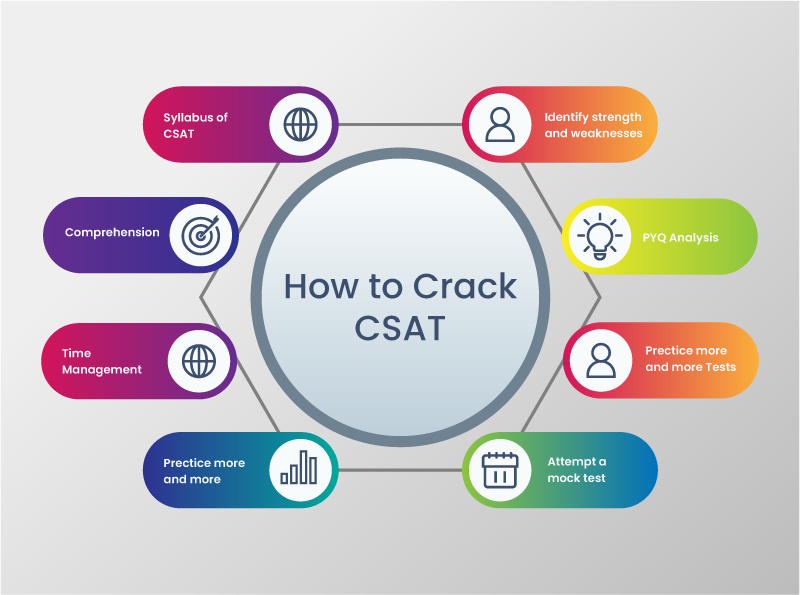🧬 Innovation for Genetic Blood Disorders
Genetic blood disorders like Thalassemia, Sickle Cell Anemia, and Hemophilia affect millions in India. Traditionally, treatments involved frequent blood transfusions and lifetime medication. However, cutting-edge innovations are transforming patient care:
🔬 Key Innovations:
- Gene Therapy:
- Technologies like CRISPR-Cas9 are now being used to edit the defective gene in conditions like β-thalassemia and sickle cell.
- India has joined global trials (like Bluebird Bio’s therapy) for potential one-time curative treatments.
- Stem Cell Transplantation:
- Matched donor stem cells are used to regenerate healthy red blood cells.
- Indian hospitals are increasingly performing bone marrow transplants, especially for young patients.
- Digital Genetic Screening:
- Next-gen sequencing is helping identify carriers, especially in tribal areas where sickle cell prevalence is high.
- Government has introduced mandatory premarital screening in some regions (e.g., Maharashtra, Gujarat).
- AI in Blood Matching & Prediction:
- AI tools are used for matching rare blood types, reducing adverse transfusion reactions in hemophilia or thalassemia patients.
🩸 e-RaktKosh: India’s Unified Blood Bank Platform
e-RaktKosh is a national blood bank management system developed by CDAC under the Ministry of Health and Family Welfare. It serves as a real-time digital platform for managing blood inventories across India.
💡 Features:
- Centralized blood inventory dashboard
- Real-time donor availability
- Online blood request and donation booking
- Integration with government and private blood banks
- Blood bag tracking and quality compliance
✅ Implications:
- Helps avoid black marketing and shortages
- Saves time in emergency cases
- Increases transparency and traceability in blood transfusion
- Connects rural and urban blood banks under one network
🔮 Future Outlook of e-RaktKosh
- Integration with Aadhaar & Health ID for better traceability
- Expansion to cover platelets, plasma, and rare blood types
- Possible AI/ML-based forecasting for demand vs. supply
- Better linkage with hospital EMRs and insurance systems
- Real-time data for epidemic planning and disaster response
🧪 RDRI: Rare Disease Research Initiative (India)
The Rare Disease Research Initiative (RDRI) is a government-backed and ICMR-supported effort to build infrastructure for rare disease diagnosis and treatment in India.
🎯 Goals:
- Set up Centers of Excellence (CoEs) for research & therapy
- Provide free screening for disorders like Spinal Muscular Atrophy, SCID, and Thalassemia
- Encourage genome databanks for early-stage detection
- Subsidize orphan drugs and therapy for low-income families
📌 Future Plans:
- Integrate RDRI with eSanjeevani for remote rare disease counseling
- Establish carrier screening programs in schools and colleges
- Develop India’s own gene therapy ecosystem
📍 Conclusion
India is making major strides in addressing genetic blood disorders through innovation, centralized platforms like e-RaktKosh, and national initiatives like RDRI. With AI, gene therapy, and real-time data integration, the future promises better diagnosis, faster response, and potentially curative treatments — especially for underserved and tribal populations where these conditions are more prevalent.




